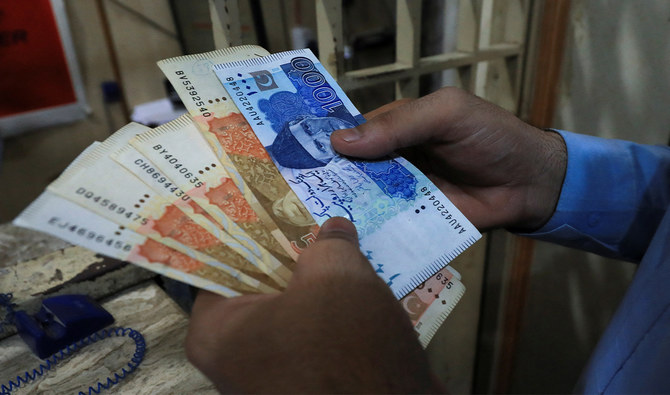Pakistan’s private sector borrowing has plunged by 86.3% to Rs57.4 billion in the first half of the current FY2023, compared to Rs419 billion during the same period last year, according to the latest data released by the State Bank of Pakistan (SBP).
Islamic banks emerged as the sole lenders to the private sector during this period, indicating a downturn in both private sector activity and lending by major conventional banks.
The conventional banks’ balance sheets show a net debt retirement of Rs34.7 billion, contrasting with the net lending of Rs452.5 billion during the same period of the previous fiscal year.
The economic backdrop features a stress of low growth, with trade and industry showing reluctance to borrow from banks. This trend has left banks with the opportunity to invest in government papers, offering them risk-free returns.
The decline in private sector lending has been setting new lows, especially notable when comparing the second half of the previous fiscal year.
At the end of FY23, total lending to the private sector stood at just Rs208.3 billion, a steep fall from the first half’s Rs419 billion.
The trend of reduced lending continued into the first half of FY24, but Islamic banks marked a shift from net debt retirement to Rs62.6 billion in loans from July to January 5, FY24.
This performance is a significant deviation from their lending of Rs426 billion in the same period of the last fiscal year.
Conventional banks offering Islamic banking services also showed a marginal improvement. Their net lending to the private sector in the first half of FY24 was Rs29.5 billion, compared to a net debt retirement of Rs459 billion in the same period of the previous fiscal year.
Economic experts attribute the private sector’s reduced borrowing activity to the high-interest rate of 22% coupled with a 29% inflation rate.
These factors have made borrowing prohibitively expensive for trade and industry, further exacerbating the economic challenges.
























